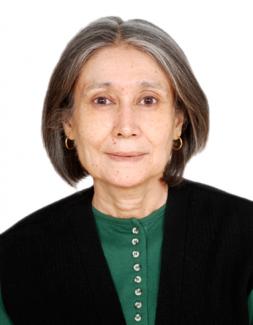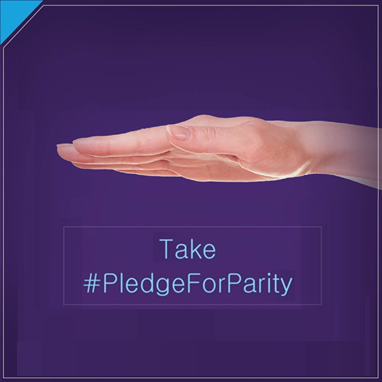
Harmala Gupta traversed the journey from being a cancer survivor to founding CanSupport, a home based Palliative Care service in Delhi and NCR. CanSupport also runs out-patient clinics. Harmala Gupta shares her views with PatientsEngage on Palliative Care.
PE: According to the ACHEON study ("The non-interventional, anonymous, non-biased ACHEON survey was the first and largest cross sectional evaluation of physicians’ and patients’ perspectives on cancer and non-cancer pain management in 10 Asian countries (China, Hong Kong, Indonesia, Korea, Malaysia, Philippines, Singapore, Taiwan, Thailand and Vietnam").
- 70% claimed that their performance at work was impacted by pain
- 42% had stopped work due to their cancer pain
- 84% of patients had never been referred to a pain clinic. Less than half of the patients had had their pain assessed according to a scale; and only
- 6% had been treated by pain specialists
PE: Do you see the same pattern in India as well?
Yes. In fact our figures may even be worse. It has been suggested that less than 2% of people in our country have access to palliative care
PE: Is pain and suffering often considered something that the patient must bear. It is considered his/her "karma"?
I don’t think so. Why should anyone consider pain their ‘karma’. They will certainly consider it their misfortune that they do not have the means to alleviate it.
PE: What are the most common biases against Palliative care?
The common beliefs are
- That relief of suffering is not possible.
- That oral morphine is addictive.
- That you have to be a specialist to practice palliative care.
- That it is always possible to cure people.
- That referring a patient to palliative care is acknowledging defeat.
Related articles on Palliative Care:
PE: Do you observe gender differences in the access to Palliative Care?
Currently, in India both men and women have difficulty in accessing palliative care. I feel children may not be referred to palliative care even when it is available as it is difficult to accept that they may be terminal.
PE: Your one wish on International Women's Day.
I wish everyone in our country could be reassured that they need never endure unnecessary pain so that they may continue to live with dignity no matter what the circumstances.
In 1985, while working on her Ph.D. thesis Harmala Gupta was diagnosed with ‘Hodgkin’s lymphoma’, a cancer of the lymphatic system. After recovery, she felt it was her mission to create compassionate and caring support services for people with cancer and their families in India.
In 1996, this commitment led her to found CanSupport, a non-profit organization, dedicated to looking after people with advanced and terminal cancer. She pioneered a home based palliative care service to bring medical relief, nursing care and emotional support, free of charge, to the doorstep of less privileged cancer patients living in Delhi and the NCR.







